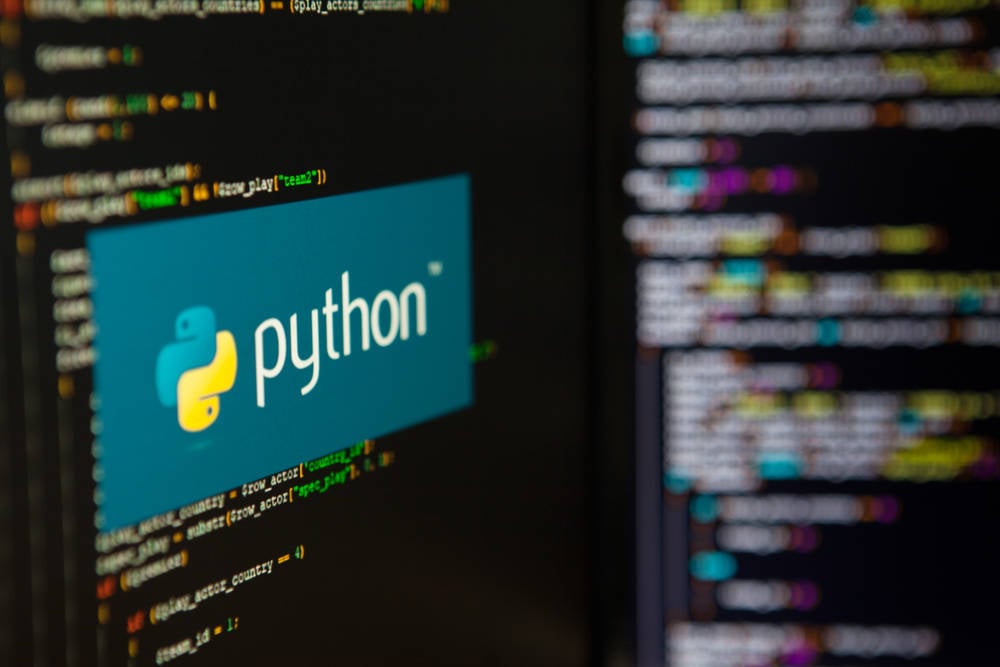
October 20, 2024 at 05:07AM
Researchers from Protect AI are launching Vulnhuntr, a free open-source tool for identifying zero-day vulnerabilities in Python code, leveraging Anthropic’s Claude AI. Announced at the No Hat conference, it reduces false positives by analyzing entire call chains and has already uncovered numerous vulnerabilities in prominent projects.
### Meeting Takeaways
1. **Introduction of Vulnhuntr**:
– Protect AI is set to release **Vulnhuntr**, a free, open-source tool designed to identify zero-day vulnerabilities in Python codebases using Anthropic’s **Claude AI model**. This announcement was made at the No Hat security conference in Italy.
2. **Operational Mechanism**:
– Vulnhuntr operates by automatically locating project files that may handle remote user inputs. Claude AI analyzes these files for vulnerabilities using a highly optimized prompting process that minimizes false positives/negatives by understanding the entire call chain from user input to server output.
3. **Vulnerabilities Detected**:
– So far, Vulnhuntr has uncovered over a dozen zero-day vulnerabilities in prominent open-source Python projects, including:
– **gpt_academic** (LFI, XSS)
– **ComfyUI** (XSS)
– **FastChat** (SSRF)
– **Ragflow** (RCE)
– The tool currently targets seven types of vulnerabilities:
– Arbitrary File Overwrite (AFO)
– Local File Inclusion (LFI)
– Server-Side Request Forgery (SSRF)
– Cross-Site Scripting (XSS)
– Insecure Direct Object References (IDOR)
– SQL Injection (SQLi)
– Remote Code Execution (RCE)
4. **Performance and Reliability**:
– The tool generates a confidence score (1-10) for each identified vulnerability, guiding users on its validity. Scores of 7 and above indicate a high likelihood of valid vulnerabilities.
5. **Limitations of Vulnhuntr**:
– Currently limited to **Python codebases** and relies on access to a Python static analyzer.
– Vulnerabilities in projects using other languages may lead to increased false positives.
6. **Cost of Usage**:
– Utilizing the Claude API incurs costs; however, when focused on specific files handling user input, the cost averages less than **$0.50**. Scanning entire projects can range from **$1-$3**.
7. **Future Directions**:
– The open-source nature of Vulnhuntr encourages community modifications, including adaptation to different AI models.
– The tool will be released on GitHub, with users encouraged to apply it to open source projects listed on Protect AI’s bug bounty site, huntr.com.
8. **Claims and Comparisons**:
– McInerney asserts that Vulnhuntr is the first AI-assisted tool to discover zero-day vulnerabilities in public projects.
– Critiques on existing AI research methods suggest Vulnhuntr fills a gap by successfully finding real vulnerabilities rather than simulated data.
9. **Call to Action**:
– Protect AI encourages researchers and developers to test Vulnhuntr on open-source projects for vulnerability identification and to contribute to its ongoing development.
By highlighting these points, stakeholders can stay informed about the capabilities and implications of Vulnhuntr and its role in enhancing software security through AI.